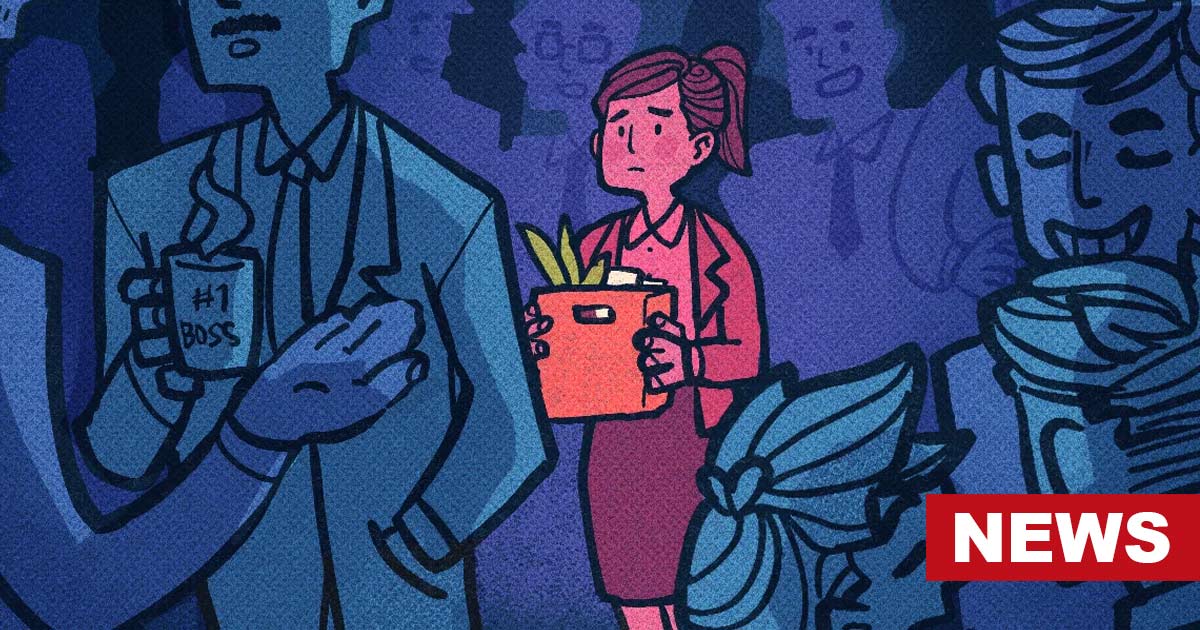- Recent research reveals that female employees have poor mental health, compared to male employees.
- Experts recommend mental health screening and a healthy work-life balance to reduce the vulnerability of working women at risk of mental health issues.
Mental health is a widely discussed topic in contemporary society, yet many individuals still lack a fundamental understanding of its nuances. One notable distinction between individuals with mental illness and their counterparts in the workplace lies in their communication patterns with colleagues.
Recent statistics from Headspace Health reveal that a significant percentage of CEOs (83%) and workers (70%) have taken time off work due to burnout, stress, or mental health challenges.
On a global scale, more than half of employees utilize digital mental health tools and services. Among these users, both employees and CEOs report the highest utilization rates. The world’s most pressing stressors for employees include the impact of the novel coronavirus (Covid-19) infection, burnout caused by excessive workloads or under-staffing, an unhealthy work-life balance, and poor leadership.
Additionally, studies have found that female employees have poor mental health, compared to their male counterparts. They are also more susceptible to burnout than men within the workplace, but the incidences of seeking help are relatively low. Consequently, prevalent mental health issues such as depression and anxiety in working women result in an annual loss of $1 trillion in productivity for the global economy.
In an interview with HT Lifestyle, Dr. Suprakash Chaudhury, Head of the Department of Psychiatry at DPU Private Super Speciality Hospital in Pune, emphasized the importance of recognizing and addressing mental health issues in the workplace, particularly for working women at risk of mental health issues, as individuals exhibiting signs of frustration and withdrawal can have a detrimental impact on the entire team if left unattended.
Dr. Rahul Dilip Jagtap, a Clinical Psychologist and Counseling Psychologist at Ruby Hall Clinic in Pune, highlighted the significance of mental health as a crucial aspect of overall well-being, as it profoundly affects various aspects of life, including work productivity and job satisfaction.
While mental health challenges can affect individuals of any gender, research consistently indicates that female employees tend to have lower mental well-being compared to their male counterparts. Dr. Jagtap attributed this disparity between men’s and women’s mental health in the workplaces to several factors.
Societal expectations and gender roles play a pivotal role in perpetuating mental health challenges among women. Traditional gender norms often burden women with responsibilities such as housework, parenting, and caring for older family members.
Balancing these obligations with professional commitments generates intense stress and feelings of overwhelm, thereby increasing the risk of mental health issues like anxiety and depression. Furthermore, cultural pressures related to beauty standards, body image, and the pursuit of perfection contribute to the mental health struggles faced by female employees.
Workplace discrimination and gender bias exacerbate these issues, leading to frustration, low self-esteem, and a sense of undervaluation, ultimately impacting mental well-being. The accumulation of these experiences perpetuates gender disparities in mental health outcomes.
Moreover, the struggle to maintain work-life balance and fulfill family responsibilities generates feelings of guilt and constant pressure to perform exceptionally. Insufficient support systems such as limited flexibility in work options, inadequate maternity leave policies, and limited child care assistance compound these challenges, resulting in increased stress and reduced mental well-being.
To address these issues, Dr. Suprakash Chaudhury suggests that companies can foster a supportive and understanding work environment, enabling employees grappling with anxiety and depression to regain control over their mental states and become productive team members.
The recent surge in prosperity and work-related stress has led to a rise in substance abuse, which not only impairs worker performance through cognitive decline but also negatively impacts the overall economy.
By recognizing mental health concerns as valid and significant for all individuals, we can ensure that no one feels isolated or marginalized due to mental illness. Equipping people, especially female professionals, with the necessary tools to manage their mental well-being enables the construction of stronger organizations where every individual has an equal opportunity to succeed.




























